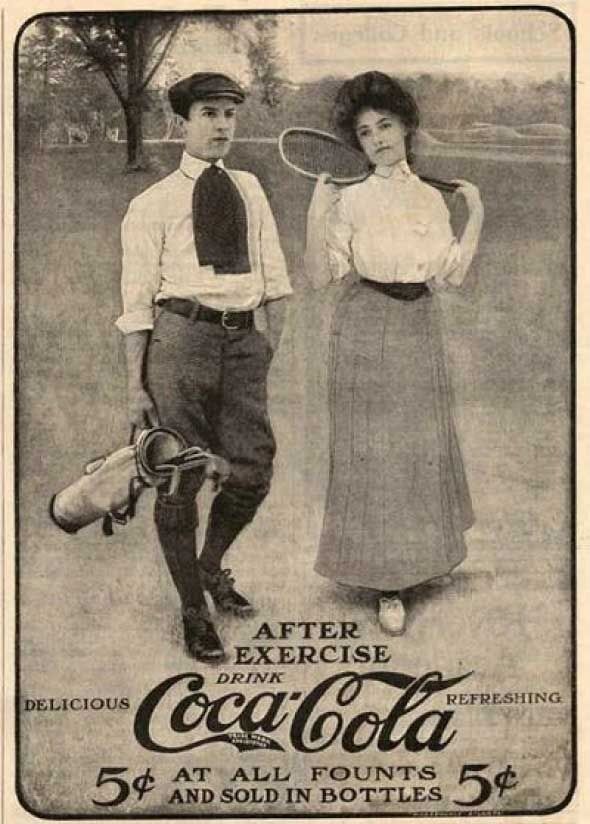The following is an appropriated exceprt from an essay I did last year. I’m not an academic (yet) but it was marked by one or a few, and I got a Distinction if that helps my credibility. Thought I’d share it with you all while Facebook is still timely and hasn’t been usurped by Twitter yet.“Facebook helps you connect and share with the people in your life” (
Facebook 2008), and then some. You may or may not have noticed the banner ads on the right hand side of your home page. But just how much you’ve been sucked into them might give us an indication of how well Facebook fulfils its purpose as a White Pages for third party businesses – a database of “sixty million active members” (Krivac 2008, p. 41).
From an economic perspective, the pitfalls of broadcast advertising, which saw the wasted energy of companies “pushing their message to consumers who would never buy their product” is alleviated by “niche communities [who] put the consumer at the beginning” (Digital Branding 2008). This is a major theme captured by Hirst and Harrison (2007) who argue that
the commercialisation of the internet in the past fifteen years has also led to a greater corporate reliance in personal data to refine advertising and marketing techniques at the heart of narrowcasting (p. 286).
Facebook achieves this “by collating ever more detailed subscriber profiles… to categorise users, charging premiums for the sale of these groups to advertisers seeking highly specific niche markets” (Murray 2005, p. 424 cited in Hirst and Harrison 2007, p. 69).
Facebook's Beacon records the “clickstream” (Hirst 2007, p. 285), or browsing patterns of its members through the use of cookies: “a small, unobtrusive piece of software… used to track preferences when visiting that website… [to construct] a profile of the computer user” (Hirst and Harrison 2007, p. 284). Facebook would then advertise similar searches on the ‘News Feed’ of the individual and their network of friends.
On the receiving end, members claim that their personal details were exploited for capitalist gain. For example, Chris Nash reveals that Facebook makes money by “extract[ing] information from people’s private to private communications” (2008, 3:30min)* and sell it to advertisers, as well as businesses for the purpose of screening potential employees. Yet, “the supporters of free-market data-mining argue that they are only trying to satisfy consumer demand” (Hirst and Harrison 2007, p. 326).
With legal policies slow to catch up, the government “must be careful that it does not appear to be too hastily doing the bidding of the major commercial players” (Hirst and Harrison 2007, p. 279). But when
“personal data become the lawful property of Internet firms, and of their clients” (Castells 2001, p. 174) to ”monopol[ise] control over the information… so that it can tax advertisers wishing to reach these individuals at the highest possible rate” (New Era of Advertising Hinges on the Free Flow of Information 2007) - an ethico-legal paradox becomes apparent.
From personal experience, when I started posting status updates about the large amount of food I ate that day, I was bombarded with weight loss ads such as the ones below.


While posting comments to my friend about the PCD concert, I was quick to receive this.

Oh, and they also know that I love to write.


Don’t believe me? Let me introduce you to my best friend Jeremy. He’s Asian and he likes basketball. Keen to move out of home, he recently searched real estate online. “Bingo!” shouted Facebook.



As can be seen, socialisation within a virtual landscape brings with it issues of ownership, control, ethics, privacy; and the disclosure of consumer buying habits, preferences and personal details. But is the invasion of our privacy a fair price to pay for keeping up with our friends?
I wonder what ad I’ll get next. Anti-spyware software, perhaps? How close do your Facebook ads hit home? Tell us by clicking on the ‘comment’ link below.
SOURCES
2007, ‘New Era of Advertising Hinges on the Free Flow of Information’,
Marketing Week, 15 November, p. 22.
2008,
Digital Branding: Close friends, New Media Age, London.
Castells, M. 2002,
The Internet Galaxy: Reflections on the Internet, Business and Society, Oxford, New York.
Hirst, M. and Harrison, J. 2007,
Communication and New Media: From Broadcast to Narrowcast, Oxford, Victoria.
Price, J. 2008, Facebook: Making Friends or Making Sales?,
Facebook Podcast Part 1: Jenna talks to Chris Nash, Communication and Information Environments, University of Technology, Sydney.
Krivac, T. 2008, ‘Facebook 101: Ten Things You Need to Know About Facebook’,
Information Today, Vol. 25 Issue 3, pp. 1-44.
























